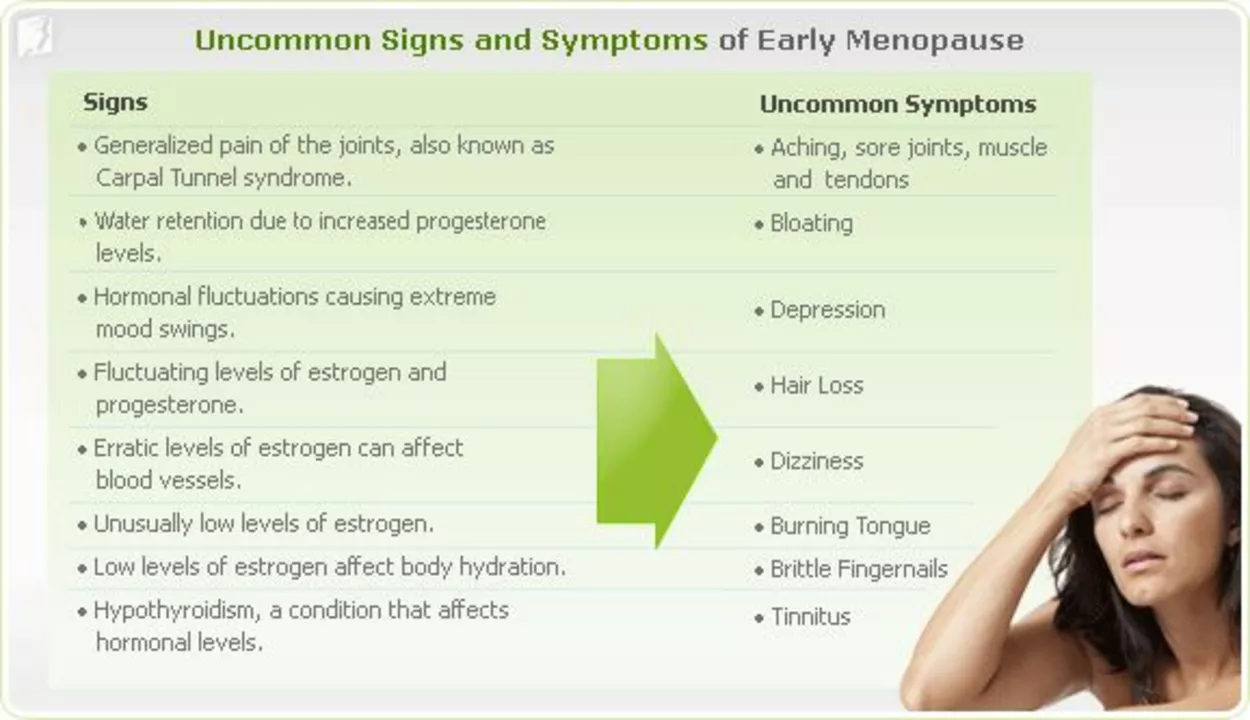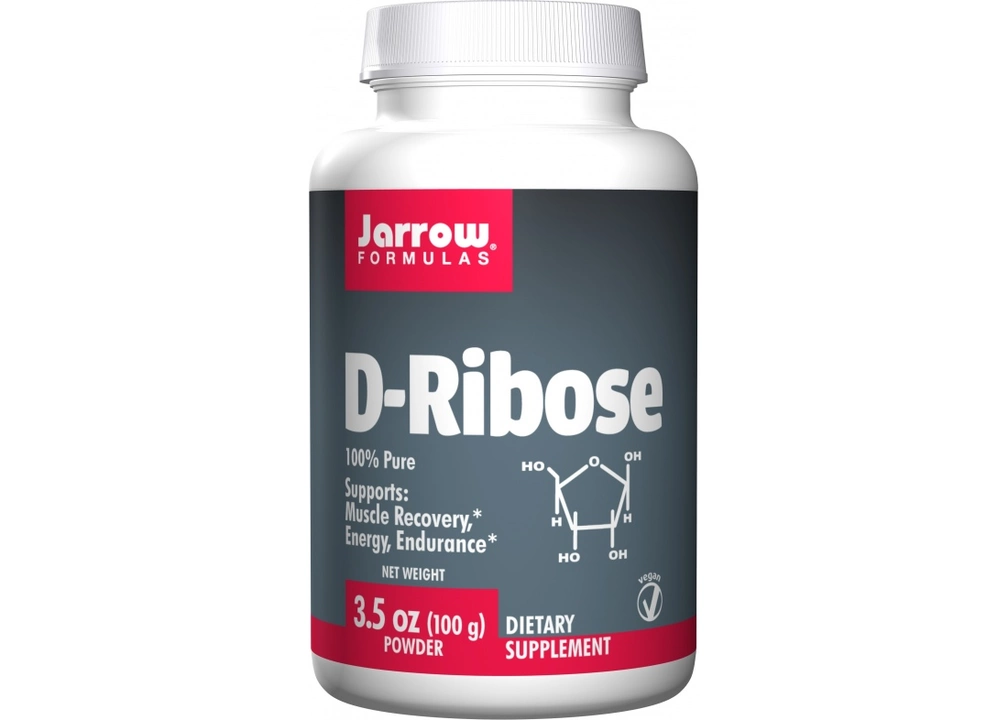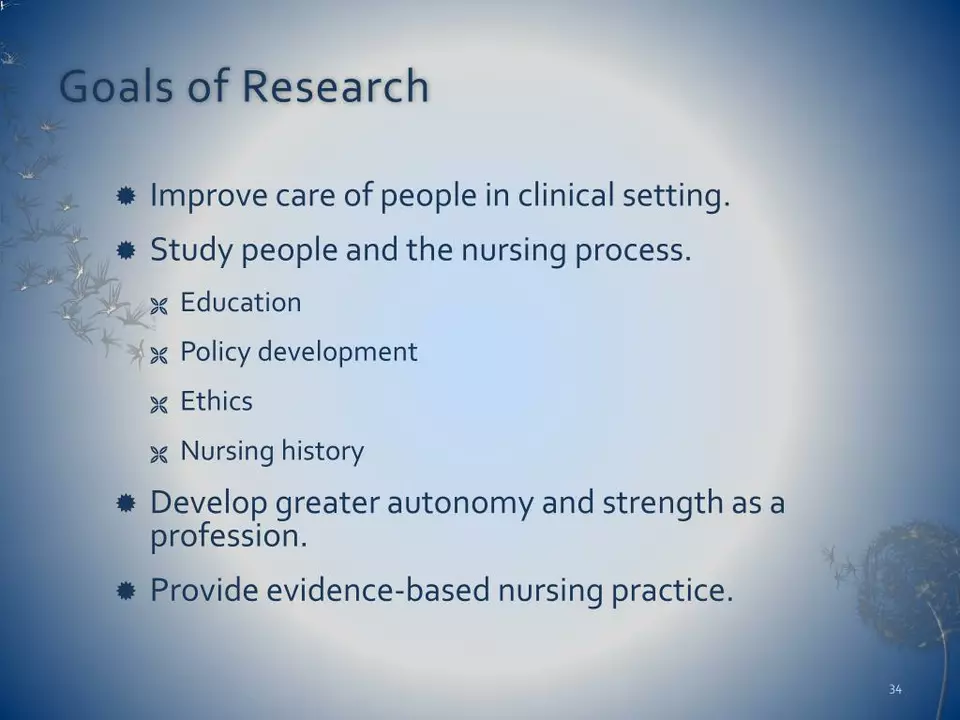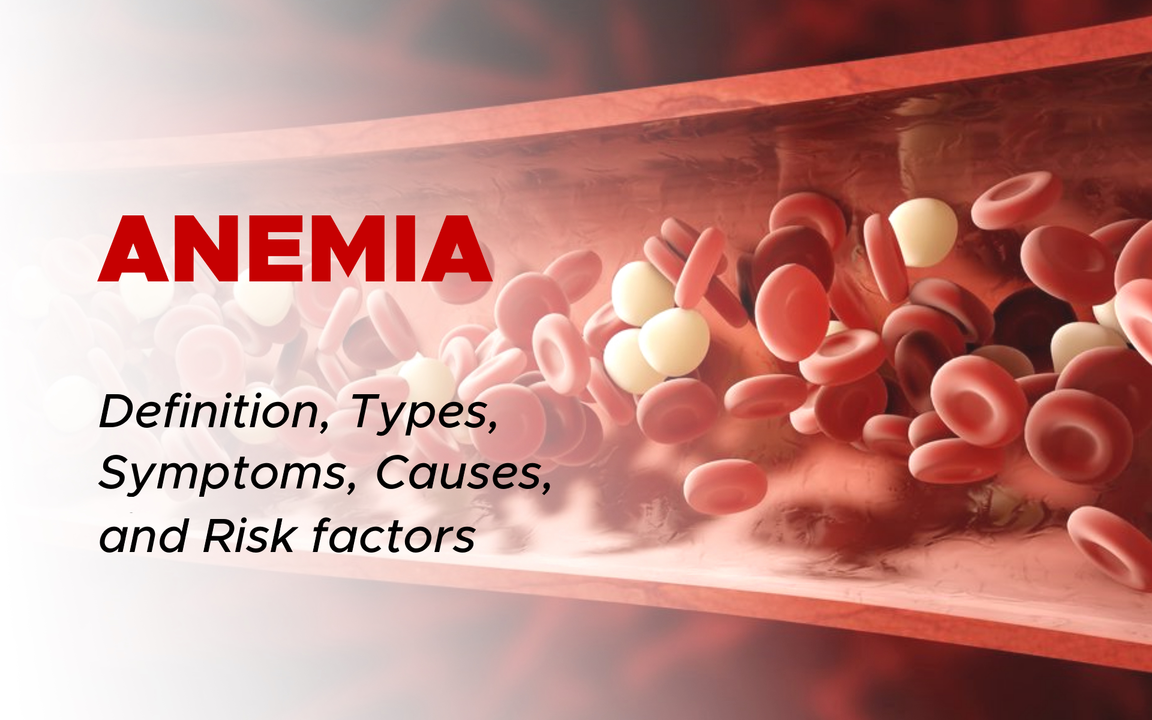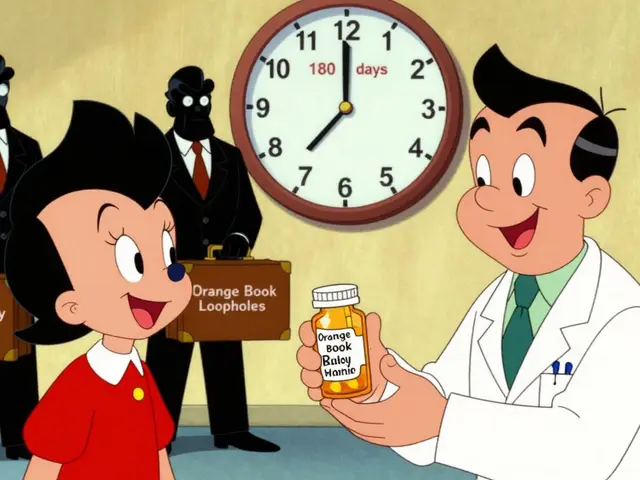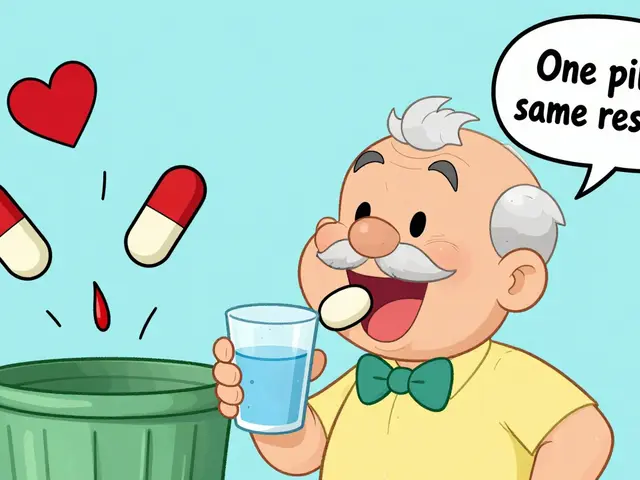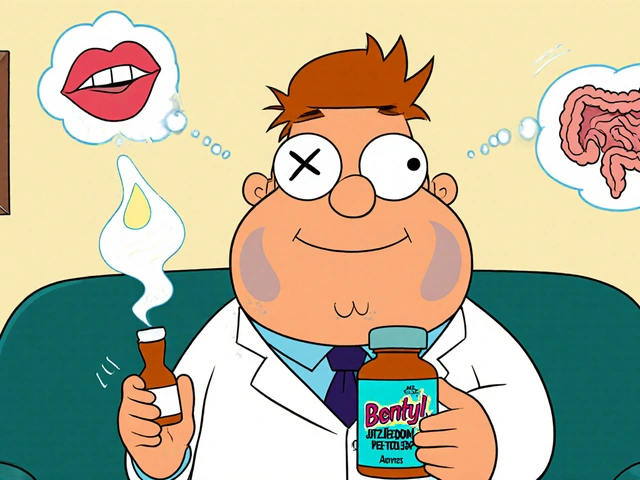May 2023 Archive — Practical health guides and drug explainers
This month we posted clear, useful reads on everyday health choices — from keeping braces clean to understanding common medications. If you want quick tips, plain explanations of drug action, or short guides on supplements, the May 2023 posts cover it. Below I grouped the highlights so you can jump to what matters most.
Quick guides and practical tips
Braces getting in the way of brushing? The prophylaxis piece shows step-by-step hygiene habits that work with orthodontic hardware — how to brush, where interdental brushes help, and which foods to avoid to prevent damage. For eye care, the brimonidine tartrate post lists hygiene habits that cut infection risk: wash hands, never touch the dropper tip, cap bottles right away, and toss expired drops.
For parents and caregivers, the thyroid deficiency post explains signs to watch for in kids — low energy, slowed growth, and learning delays — and why early testing and hormone replacement often change outcomes. And if you're managing COPD, the budesonide–formoterol article explains how the combo reduces inflammation and opens airways so you have fewer flare-ups and better daily breathing.
Medications, supplements, and connections
We broke down several drugs and supplements so they feel less mysterious. The cefixime piece explains, in simple terms, how this cephalosporin antibiotic stops bacteria by weakening their cell walls. The chlorthalidone history post tracks how a mid-20th-century diuretic became a trusted option for long-lasting blood pressure control. If you're on spironolactone or considering it, read the short guide on gynecomastia — why it happens and what to discuss with your doctor.
Supplements got attention too. Ribose is presented as a sugar that supports ATP production and might help energy in some people. Bee pollen is covered as a nutrient-dense supplement many use for energy and immune support, with practical notes on dosing and allergy caution. For a surprising traditional remedy, the castoreum post outlines claimed antioxidant and anti-inflammatory properties people have used historically (note: talk to a clinician before trying unconventional extracts).
We also looked at conditions that overlap: anemia is explained in clear terms — common causes, what symptoms mean, and when tests or supplements are needed. The write-up on PMDD and IBS highlights the real link some women experience between mood swings and gut symptoms, suggesting that tracking cycles and working with clinicians helps find better strategies.
Want to read a specific post? Titles from May 2023 include: "Prophylaxis for Orthodontic Patients," "Menopause and Alcohol," "Unlock Your Body's Natural Energy with Ribose," and more. Each post aims to give one or two actionable steps you can use today. If something catches your eye, follow the post title to read the full guide and practical next steps.
Understanding Anemia: Causes, Symptoms, and Treatments
As a blogger, I've been researching anemia and I want to share what I've learned with you. Anemia is a condition where your body lacks enough healthy red blood cells to transport oxygen to your tissues, causing fatigue and weakness. Common causes include iron deficiency, vitamin B12 deficiency, and chronic diseases. Key symptoms to look out for are pale skin, shortness of breath, and dizziness. To treat anemia, it's essential to address the underlying cause, which could involve changes in diet, supplements, or even medical intervention.
Read More

